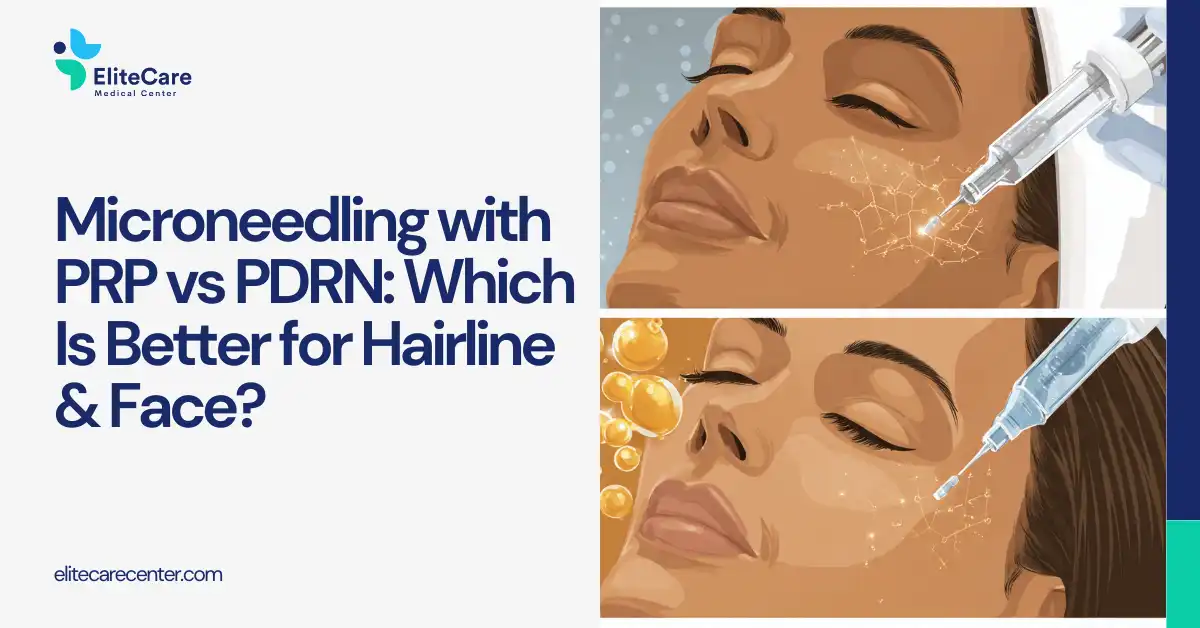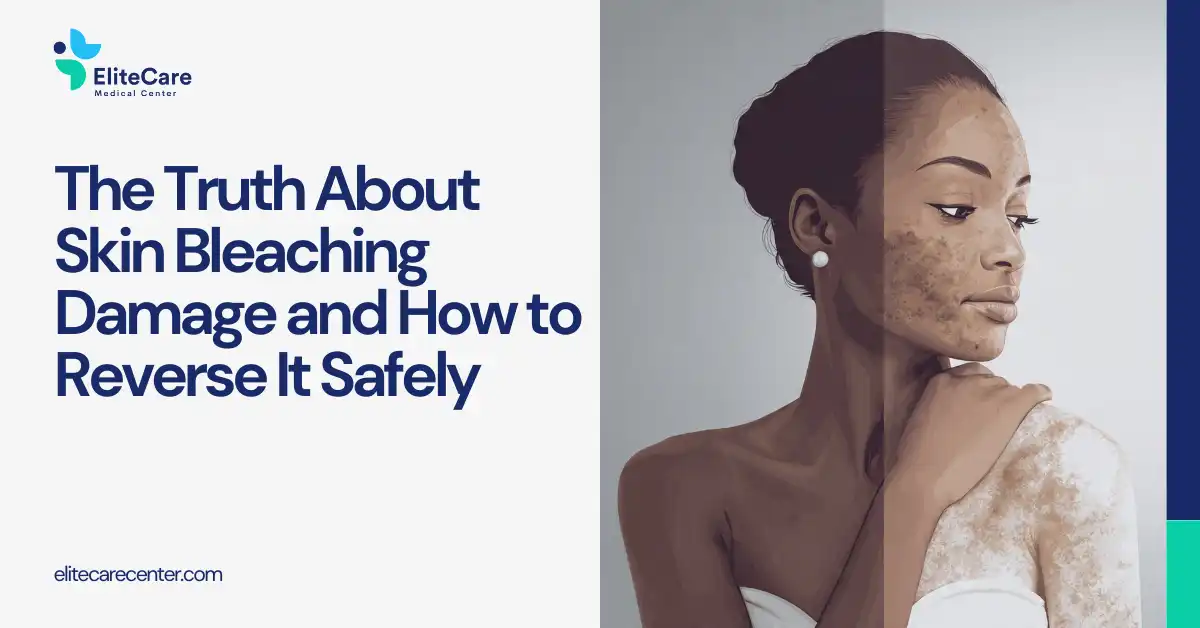Genital warts are one of the most common sexually transmitted infections (STIs), caused by specific strains of the human papillomavirus (HPV). These warts typically present as small, flesh-colored growths in the genital or anal area and, although often harmless, they can cause significant physical discomfort and emotional distress.
What are the causes of Genital Warts?
Genital warts are primarily caused by HPV types 6 and 11, which are considered low-risk types since they rarely cause cancer. HPV spreads through direct skin-to-skin contact, typically during vaginal, anal, or oral sex. It’s important to note that many individuals infected with HPV may not develop symptoms and may unknowingly pass the virus to others.
Symptoms
Genital warts can appear as:
- Small, flesh-colored or gray swellings
- Several warts close together resembling a cauliflower shape
- Itching or discomfort in the genital area
- Bleeding with intercourse (in some cases)
- They can appear on the vulva, vagina, cervix, penis, scrotum, groin, or anus. In some cases, they also appear in the mouth or throat after oral sex.
Diagnosis
A physical exam by a healthcare professional is usually sufficient to diagnose genital warts. Women may also undergo a Pap smear or HPV DNA test to screen for high-risk HPV types that can cause cervical cancer.
Treatment Options
Although there is no cure for HPV itself, the warts can be treated using various methods:
- Topical treatments (e.g., imiquimod or podophyllotoxin)
- Cryotherapy – freezing off the warts
- Electrocautery – burning them off
- Surgical removal
- Laser therapy
- Warts may recur because the underlying virus remains in the body.
Prevention
HPV vaccination: Vaccines like Gardasil 9 protect against the most common HPV strains that cause genital warts and cervical cancer. Vaccination is most effective before individuals become sexually active.
Condom use: While condoms reduce the risk of HPV transmission, they do not provide complete protection.
Regular screening: Especially for women, routine cervical screening helps in the early detection of HPV-related changes.
Psychological Impact
The diagnosis of genital warts can lead to stress, anxiety, and even depression. It’s important to remember that HPV is very common, and having genital warts does not reflect on a person’s hygiene or morals. Support from healthcare providers, partners, and mental health professionals can help.
Conclusion
Genital warts are a manageable condition, and with awareness, prevention, and timely treatment, affected individuals can maintain a healthy and fulfilling life. If you suspect that you may have genital warts, seek medical advice for proper diagnosis and management.
Book Consultation with us
Concerned about genital warts or other STIs? Book a confidential consultation with Elitecare Center today. Our compassionate experts are here to help you stay informed, protected, and in control of your sexual health.
















